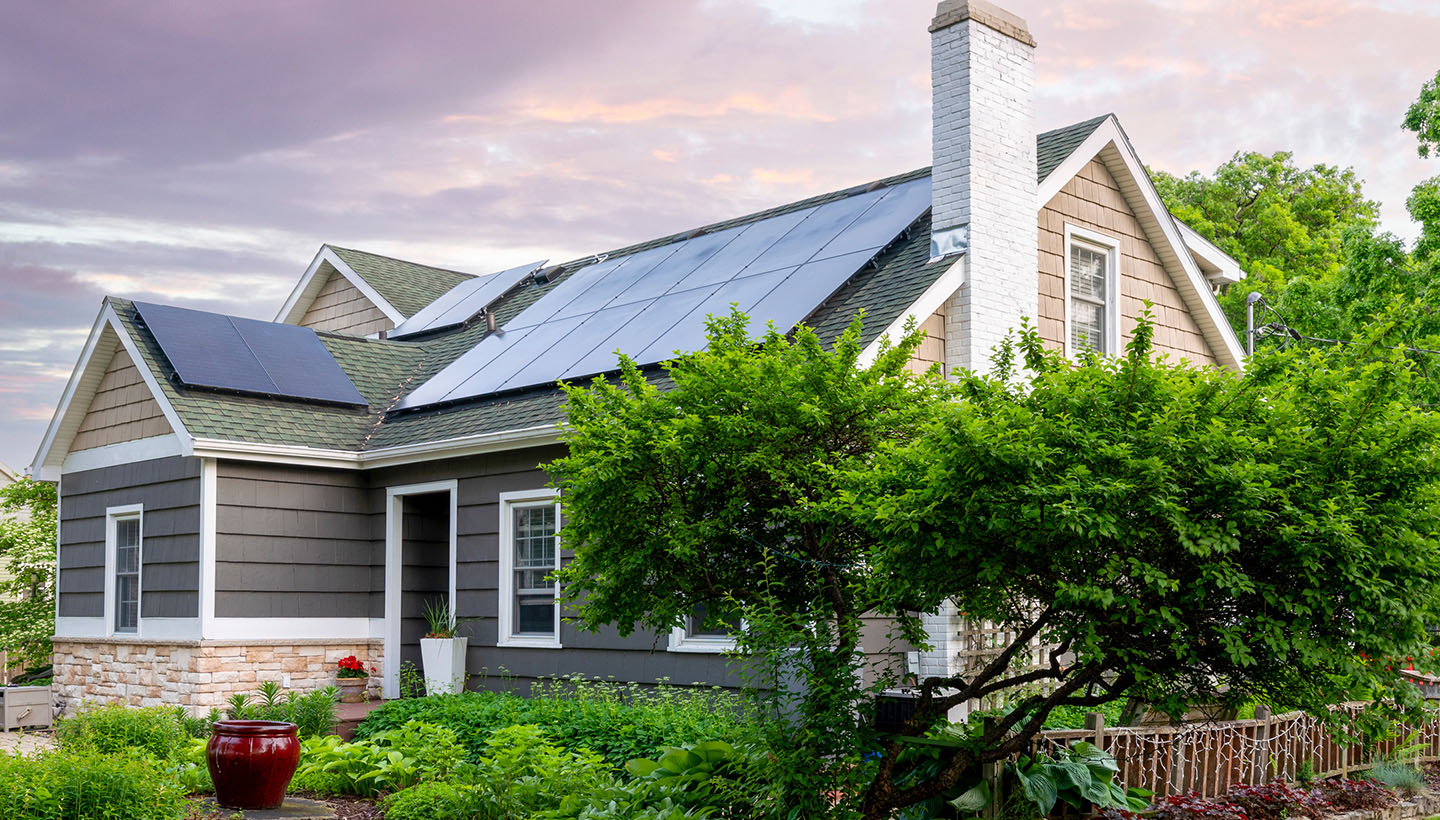
In an era where sustainability is at the forefront of our concerns, even home inspections are taking on an eco-friendly approach. Eco-Friendly Home Inspections are gaining popularity as homeowners seek ways to make their living spaces more environmentally responsible.
The Purpose of Eco-Friendly Home Inspections:
Eco-friendly home inspections go beyond the traditional assessment of a property’s structural integrity. These inspections focus on evaluating a home’s energy efficiency, environmental impact, and overall sustainability. The goal is to provide homeowners with insights on how to reduce their carbon footprint and adopt eco-conscious practices.
Energy Efficiency Assessment:
One of the primary aspects of eco-friendly home inspections is assessing the energy efficiency of a property. This involves evaluating the insulation, windows, doors, and heating, ventilation, and air conditioning (HVAC) systems. Recommendations may include upgrades to energy-efficient appliances and the installation of solar panels to harness renewable energy.
Indoor Air Quality Inspection:
Ensuring a healthy living environment is integral to an eco-friendly home inspection. Inspectors focus on the indoor air quality, checking for potential pollutants, allergens, and ventilation issues. Recommendations may involve incorporating eco-friendly materials and improving ventilation systems for a healthier living space.
Water Conservation Evaluation:
Water conservation is a key consideration in eco-friendly inspections. Inspectors assess plumbing systems, identify leaks, and recommend the installation of water-saving fixtures. This not only contributes to environmental conservation but also helps homeowners reduce their water bills.
Sustainable Material Usage:
Eco-friendly home inspections also delve into the materials used in the construction and maintenance of a home. Inspectors may recommend the use of sustainable and recycled materials for renovations or improvements. This sustainable approach minimizes the ecological impact of home maintenance.
Renewable Energy Integration:
A significant aspect of eco-friendly living involves harnessing renewable energy sources. Inspectors may suggest the incorporation of solar panels, wind turbines, or other renewable energy systems to reduce dependence on conventional power sources. This step contributes to a greener and more sustainable lifestyle.
Waste Management Practices:
Proper waste management is crucial for eco-friendly living. Home inspectors may evaluate waste disposal methods and suggest recycling initiatives. Creating a designated space for composting and recycling can significantly contribute to reducing the overall environmental impact of a household.
Landscaping for Sustainability:
The outdoor environment is not overlooked in eco-friendly home inspections. Inspectors may provide recommendations for sustainable landscaping practices, such as native plant cultivation, rainwater harvesting, and eco-friendly irrigation systems. These measures promote biodiversity and water conservation.
Smart Home Technology Integration:
Advancements in technology offer opportunities for eco-friendly living. Home inspectors may suggest the integration of smart home technologies, such as energy-efficient lighting, smart thermostats, and automated systems that optimize energy usage. These technologies contribute to a more sustainable and efficient home.
Conclusion:
Embracing an eco-friendly lifestyle starts with the place we call home. Eco-friendly home inspections offer a roadmap for homeowners to make informed decisions that align with sustainable practices. Consider exploring options for Eco-Friendly Home Inspections at mangamofo.com to embark on a journey towards a greener and more environmentally conscious living space.
